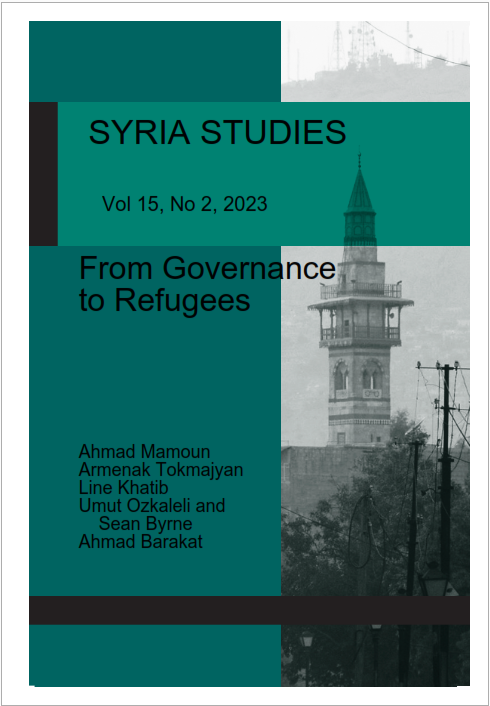The Syrian refugee crisis and global security threats a case study of Germany
Main Article Content
Abstract
In recent times, various governments have increasingly regarded both newly arrived and well-established refugee groups as potential sources of concern, posing challenges to the internal stability of the state, regional security, and even global security. The concerns of European host states encompass a range of issues, including the inadvertent provision of a safe haven for foreign combatants, as well as the potential for affiliates of ISIS and other Islamist groups to exploit the hosting nation as a platform for carrying out terrorist activities. However, the academic community currently faces a dearth of theoretical frameworks and empirical investigations that establish a connection between the influx of refugees and instances of criminal behaviour or acts of terrorism. The objective of this study is to evaluate the assertion that Syrian refugees provide a potential risk to global security. This will be accomplished by a focused analysis of crime and terrorism rates inside Germany, a nation that had a significant influx of refugees from Syria during the period spanning from 2015 to 2020. This study posits and substantiates, via the utilisation of descriptive statistical analysis, the absence of a direct correlation between Syrian refugees and crime rates or instances of terrorism. Drawing upon primary German, English and Arabic sources, the study makes the conclusion that the increase in the number of Syrian refugees was not necessarily accompanied by an increasing threat to security.
Keywords: Syrian refugees, Global security, Terrorism, Threat, ISIS
Article Details

This work is licensed under a Creative Commons Attribution 4.0 International License.
Authors who publish with this journal agree to the following terms:- Authors retain copyright and grant the journal right of first publication with the work simultaneously licensed under a Creative Commons Attribution License that allows others to share the work with an acknowledgement of the work's authorship and initial publication in this journal.
- Authors are able to enter into separate, additional contractual arrangements for the non-exclusive distribution of the journal's published version of the work (e.g., post it to an institutional repository or publish it in a book), with an acknowledgement of its initial publication in this journal.
- Authors are permitted and encouraged to post their work online (e.g., in institutional repositories or on their website) prior to and during the submission process, as it can lead to productive exchanges, as well as earlier and greater citation of published work (See The Effect of Open Access).
